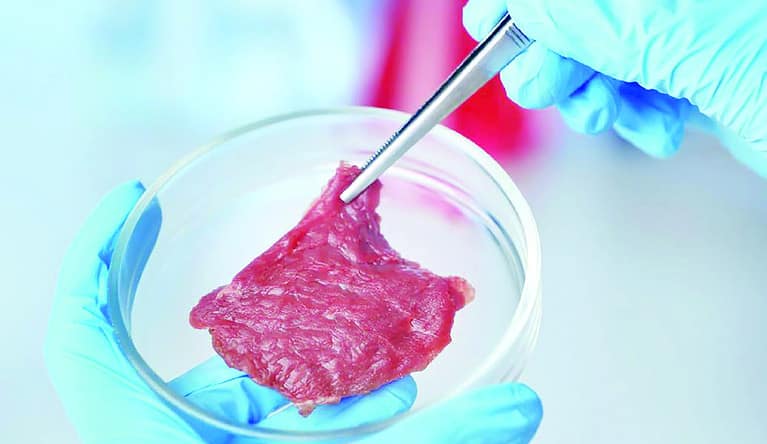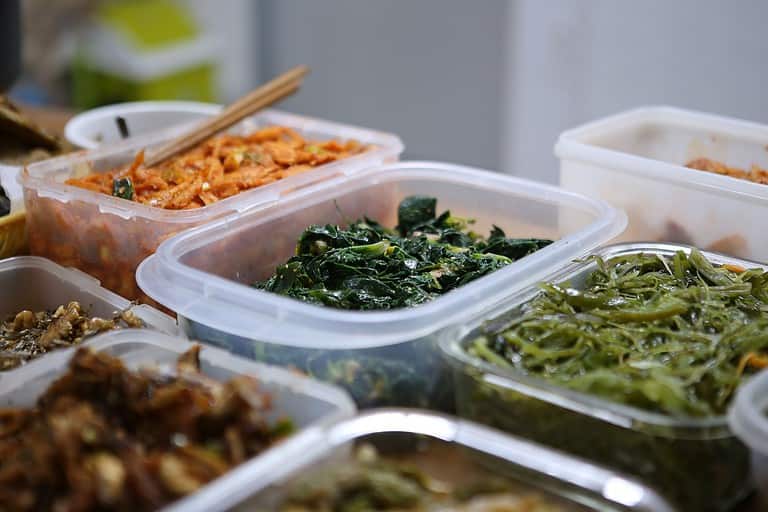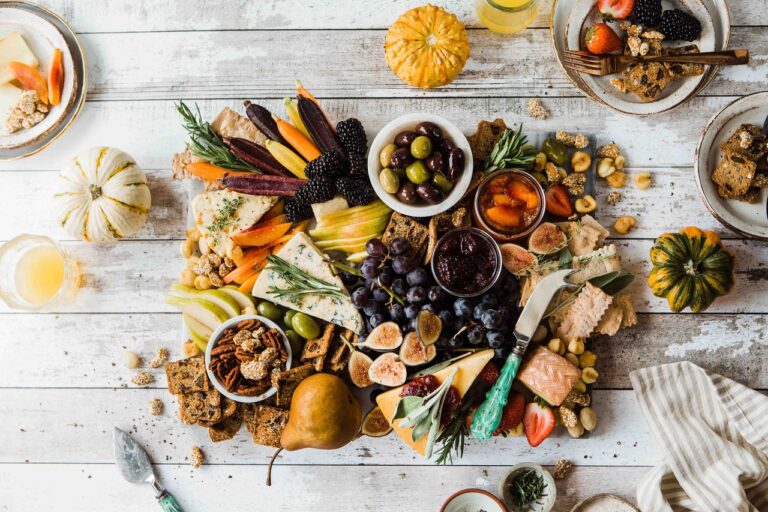The Pros and Cons of Keto, Paleo and Vegan Diets: A Comprehensive Analysis
When it comes to dieting, there are countless options to choose from. However, some of the most popular diets include the keto, paleo and vegan diets. Each of these diets has its own set of pros and cons, which can make it difficult to decide which one is right for you. In this article, we will explore the benefits and drawbacks of each of these diets to help you make an informed decision.
The keto diet, for example, is a low-carb, high-fat diet that has gained popularity in recent years. It involves drastically reducing your carbohydrate intake and replacing it with healthy fats. Proponents of the keto diet claim that it can lead to rapid weight loss and improved energy levels. However, critics argue that it can be difficult to follow and may lead to nutrient deficiencies.
The paleo diet, on the other hand, is based on the idea of eating like our ancestors did during the Paleolithic era. This means consuming whole, unprocessed foods like meat, fish, fruits and vegetables while avoiding grains, dairy and processed foods. Supporters of the paleo diet claim that it can lead to improved digestion and better overall health. However, critics argue that it can be difficult to follow and may lead to nutrient deficiencies if not done properly.
Keto Diet
The Keto Diet, also known as the Ketogenic Diet, is a low-carb, high-fat diet that aims to put the body in a state of ketosis, where it burns fat for energy instead of carbohydrates. Here are some pros and cons of the Keto Diet:

Pros
Some people have reported significant weight loss on the Keto Diet, especially in the short term. The diet also encourages people to pay more attention to what they eat and the nutrients they consume. Additionally, some people report feeling more satisfied between meals and having fewer hunger cravings. Finally, the restrictive nature of the diet can encourage people to cook more meals at home, which can be healthier and more cost effective than eating out.
Cons
While the Keto Diet can lead to short-term weight loss and increased awareness of food intake, it is highly restrictive and can be difficult to stick to long-term. Additionally, the diet can cause a range of side effects, including “Keto flu,” constipation and nutrient deficiencies. People with kidney problems or other health issues should consult a doctor before starting the keto diet.
Paleo Diet
The Paleo diet, also known as the caveman or hunter-gatherer diet, emphasizes whole, unprocessed foods and eliminates processed foods, grains and dairy products. Here are some pros of following the Paleo diet:
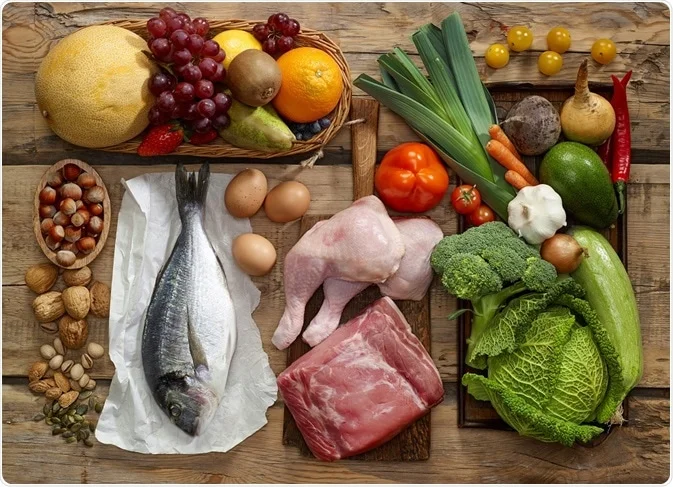
Pros
Additionally, the Paleo diet has been associated with weight loss and other metabolic benefits compared to diets that include dairy, legumes and grains.
Cons
While the Paleo diet has its benefits, there are also some cons to consider:
It’s important to note that while the Paleo diet may work for some individuals, it may not be the best fit for everyone. It’s important to consult with a healthcare professional before starting any new diet or lifestyle change.
Vegan Diet
Veganism is a plant-based diet that excludes all animal products, including meat, dairy and eggs. Here are some pros and cons of following a vegan diet:
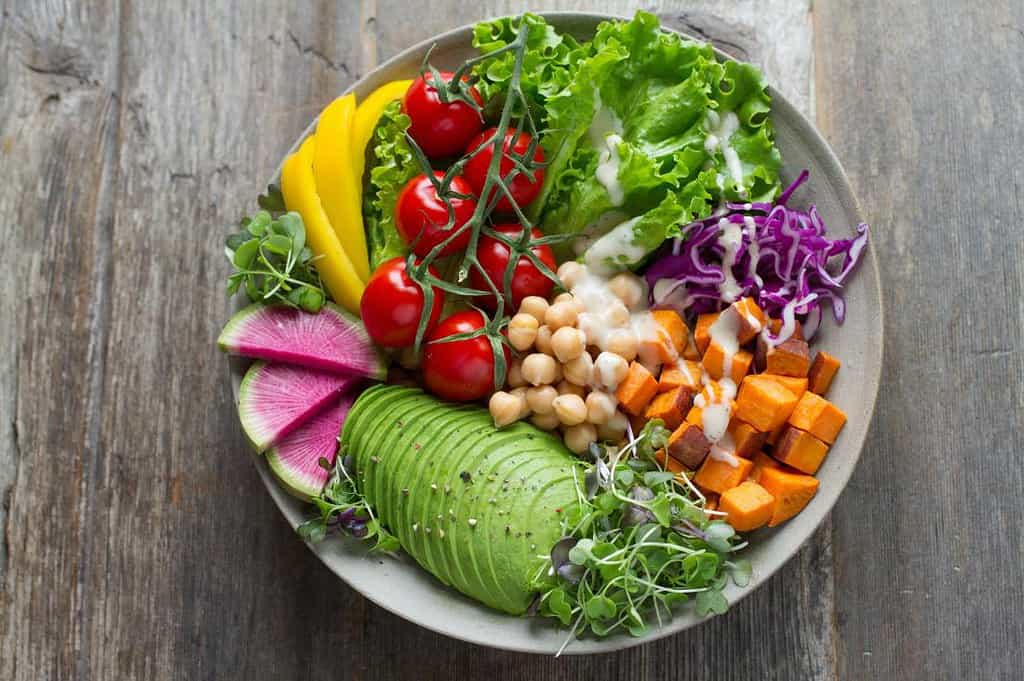
Pros
Cons
Conclusion
In conclusion, each of the keto, paleo, and vegan diets have their own set of advantages and drawbacks. While the keto diet may offer quick weight loss and improved blood sugar control, it may not be sustainable for long-term use. The paleo diet may promote a healthy lifestyle by emphasizing whole foods and reducing processed foods, but it may be difficult to follow for some individuals. The vegan diet may offer numerous health benefits and promote sustainable living, but it may require careful planning to ensure adequate nutrient intake.
Ultimately, the best diet for you depends on your individual needs, preferences and lifestyle. Before starting any new diet, it is important to consult with a healthcare professional to ensure it is safe and appropriate for you.



